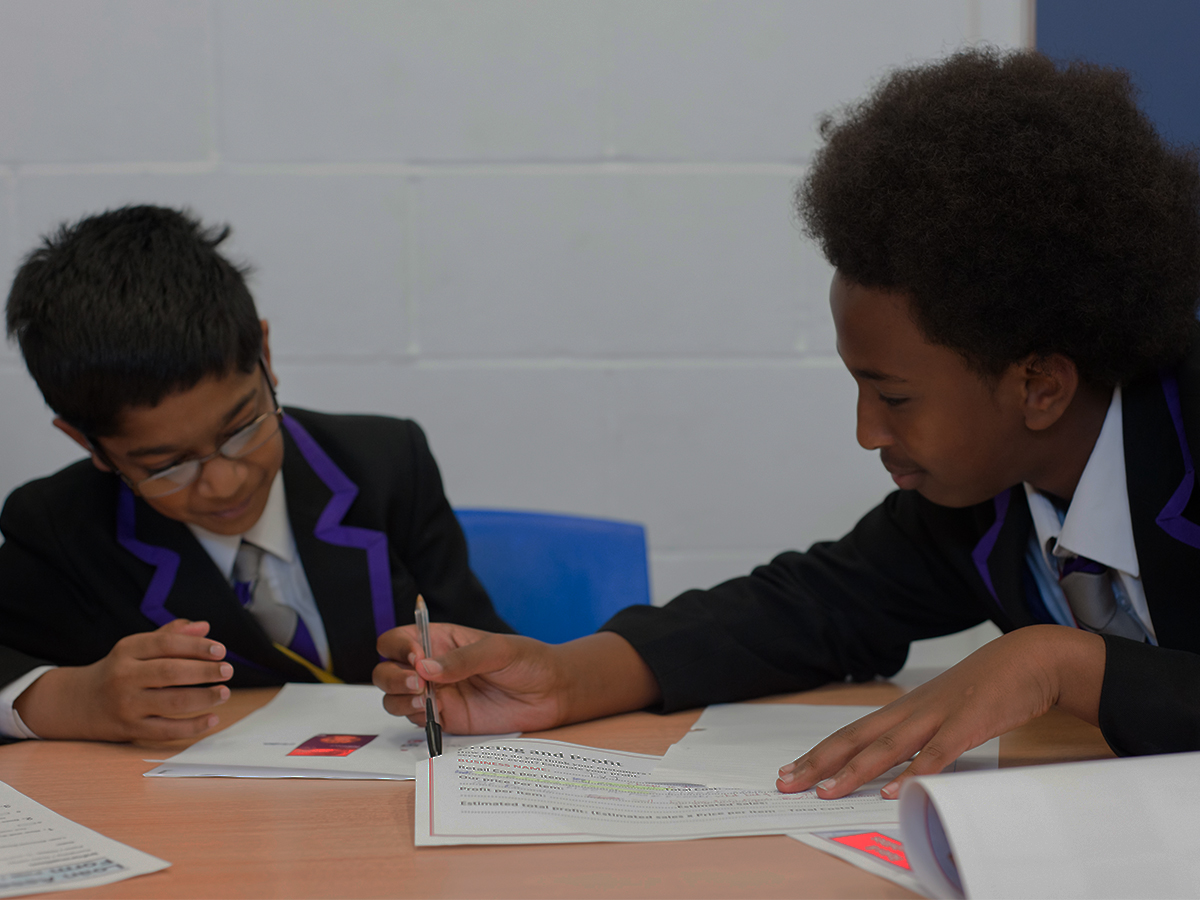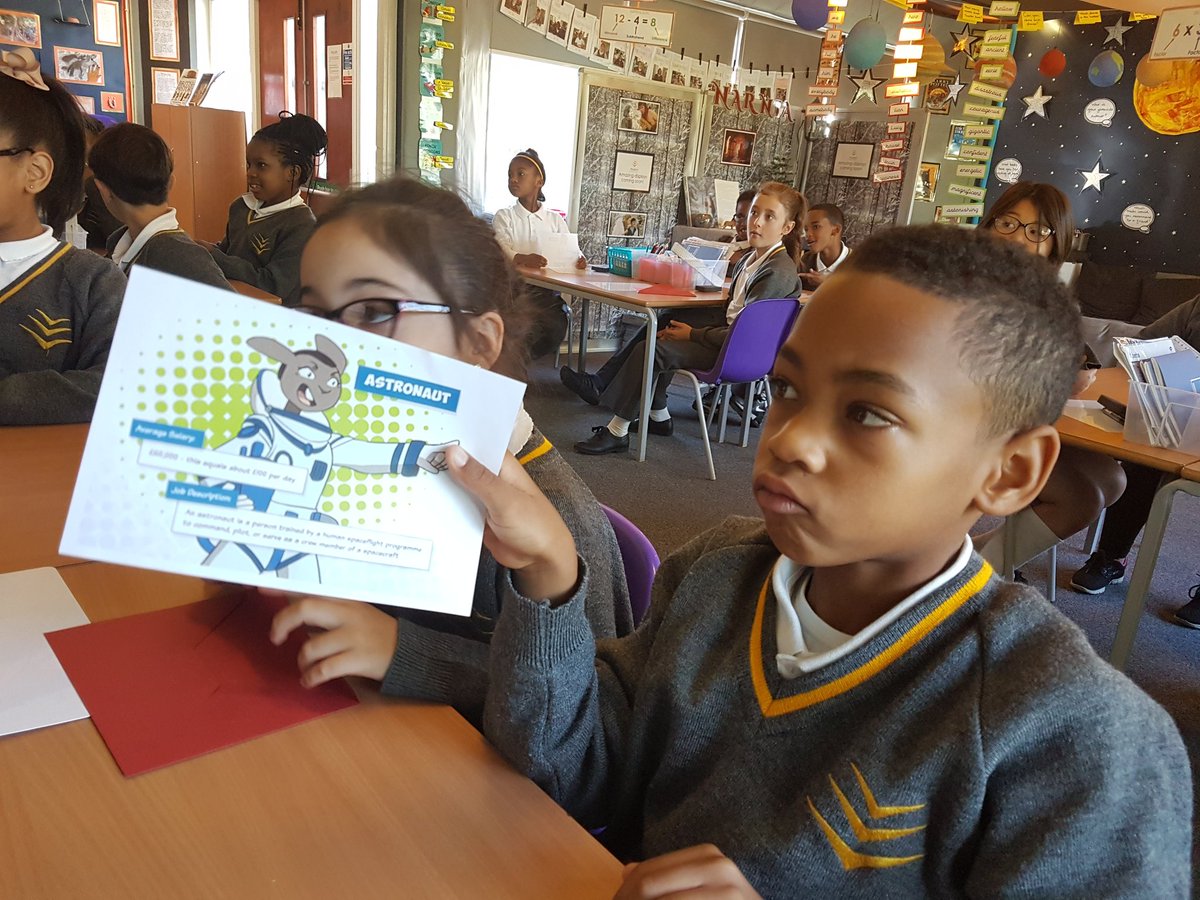Format
100 minute sessions
Target Group
11 – 14 year olds
Group Size
12-30 young people
Content
A highly interactive financial education programme building young people’s knowledge around basic finance and helping them engage with money.
Money Twist involves writing, presenting, drawing, maths and problem-solving.
Sessions cover:
- S1: The functions of money, understanding their relationship with money and the impact that advertising, peer and media pressure, and shopping deals can have. Alongside comparing costs and benefits of a range of goods and service.
- S2: Exploring the cost of living, wages and income to learn budgeting skills, differentiating needs from wants and making financial decisions based on their circumstances.
- S3: Making good money decisions based on current and savings accounts, interest, flow of money, understanding bank statements, overdrafts and the future of money.

Money Twist engages pupils to discuss, present, problem-solve and apply math. We use real life case studies, ‘escape room’ style games, and videos, enabling them to understand habits, motivations and how to manage their relationship with money. Activities cater for a variety of learning styles, with extensions and ability variations.
It is ideal for financial capability focus days, enterprise weeks, or can be built into a scheme of work over a number of weeks. Money Twist references the UK’s Financial Education Planning Framework for teachers. Multiple sessions can be run simultaneously to allow several classes to take part at once.
Money Twist has been evaluated and proven by The Money Advice Service’s Evidence Hub.


MyBnk Cancellation Policy: Cancellations and changes made to scheduled deliveries incur costs to MyBnk. Any changes made less than two weeks in advance will result in a £100 or, if less than three working days, £250 charge per MyBnk trainer. Full Terms & Conditions here.
Impact After This Programme
68
Pupils who would not delay gratification, now would
70
Pupils are now pursuing a savings goal
87
Teachers say pupils now know financial decisions have consequences

"Better spend an extra hundred or two on your son's education, than leave it him in your will." ~ The Mill on the Floss by George Eliot








